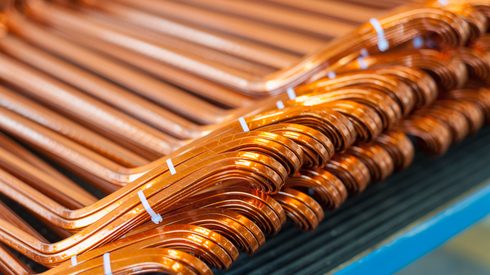A letter to Metal Bulletin from Steven Spencer.
With regard to your article on the Impala-Wanxiang dispute, the astonishing level of costs involved highlights the advantages of arbitration in lieu of court proceedings, certainly if disputes about the jurisdiction for the hearing of the case (England or China) can be avoided.
There is a tendency these days for parties in a dispute to go straight to law when, in fact, arbitration, mediation or negotiation offer a better, cheaper and quicker route to resolution. Arbitrators do not only deal with trading disputes on the LME itself, but also with disputes relating to international physical trading.
The arbitrators can deal with disputes related to all commodities, whether the materials are priced on the LME or not, such as copper concentrates or steel, or other materials, including coal, coke or petroleum by-products as well as warehousing, shipping and logistics.
Most leading law firms need to appoint an industry expert to advise and assist them and arbitrators from the panel are available for this purpose. This cost would often not be necessary under LME Arbitration.
The LME Arbitration Service offers arbitration by experienced arbitrators in accordance with the LME rules, mediation by members of the panel who are specifically qualified to offer this service and, as mentioned above, availability of expert advice or service as expert witnesses from members of the panel who are known to be expert in the particular commodity or branch of trading concerned. Most members of the panel are or have been senior executives and a number are practising lawyers with knowledge of commodities. A list can be found on the LME website.
To get a quicker and less costly resolution of disputes, traders should include a clause in their contracts that states that any dispute under the contract should first be referred to arbitration under the rules and regulations of the London Metal Exchange.
Arbitration awards can be enforced in nearly all countries of the world under the New York Convention, including China. English court decisions are not universally enforceable and China is one major country where enforcement is not granted, a point raised in the Impala case.
See also:
HOTLINE: Impala vs Wanxiang – counting the cost
IMPALA VS WANXIANG: The outcome in brief
Steven Spencer
md, Traderight
editorial@metalbulletin.com





